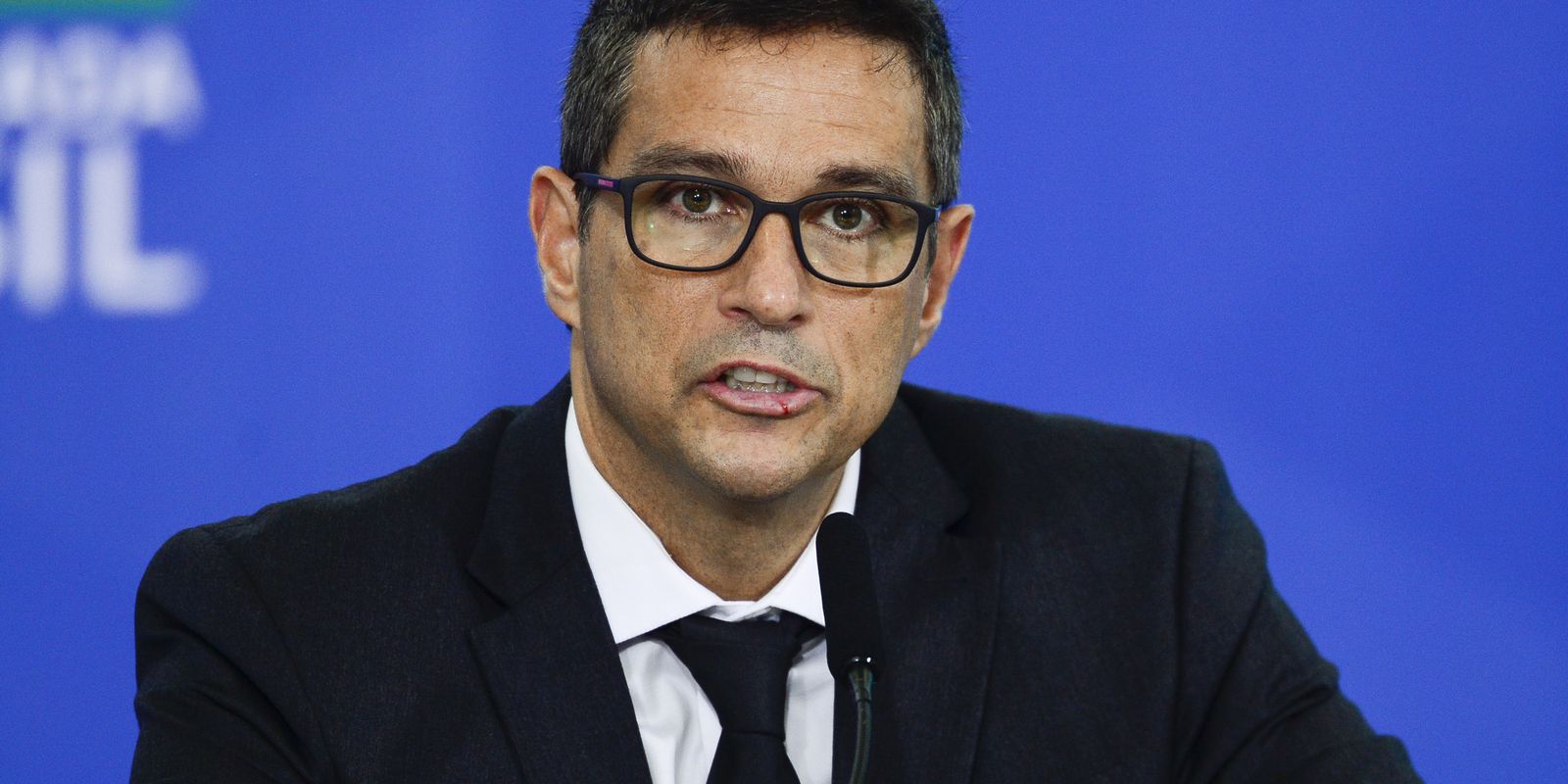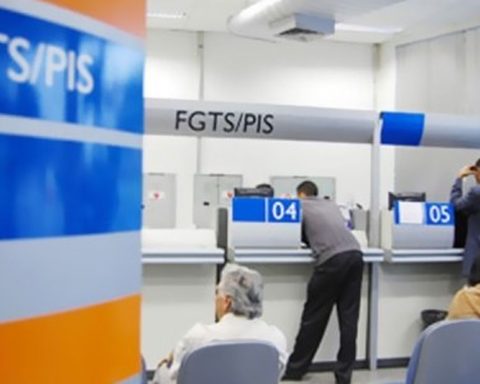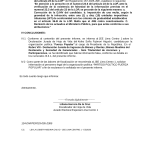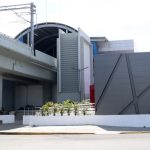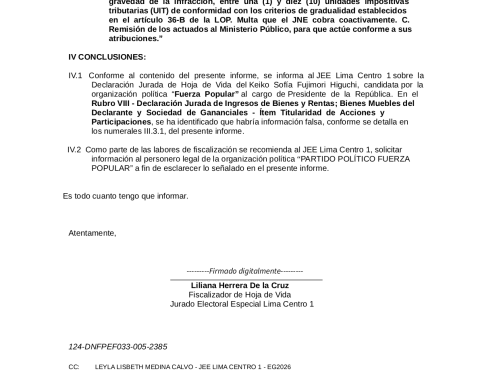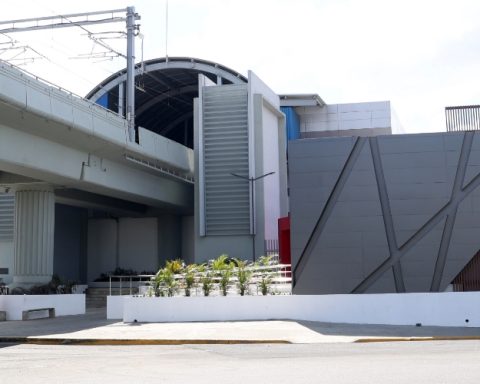Inflation in the 12-month period will reach its peak in April or May, said today (11) the president of the Central Bank (BC), Roberto Campos Neto. According to him, the failure of some crops and the rise in oil at the beginning of the year made the BC adjust its estimates.
Until recently, the Central Bank believed that inflation would peak in January and February, before starting to decelerate. For him, Brazil is being pressured by international factors, but Brazilian inflation has peculiarities, with energy and fuel prices rising more than in the rest of the world.
The president of the Central Bank presented an estimate according to which the Broad National Consumer Price Index (IPCA – the country’s official inflation) would be at 6.7% in the 12 months ending in January if energy and fuel costs were at average of other countries. Last month, the index was at 10.38% in the 12-month period.
Campos Neto gave the statements at an event promoted by the Esfera Brasil group, which brings together businessmen and entrepreneurs. He said that the increase in inflation in the world is not due to supply problems, but to a shift in demand after the economic recovery in several countries after the most acute phases of the covid-19 pandemic.
“When we look at the bottlenecks, you can’t say it’s [escassez de] supply with production growing so much. Anyone who believed it was a supply issue is reviewing it,” he said. “There was a shift not only in the demand for goods, but also for energy. The production of goods uses six times more energy”, he added.
Fees
For the BC president, Brazil is at the forefront in the process of monetary tightening in relation to most countries, which have interest rates still below the neutral level (which does not hold back inflation). “Brazil took the lead in rising interest rates. We will use all our tools to bring inflation to target,” he assured.
In reference to the proposed amendment to the Constitution to exempt federal taxes on fuel, the BC president said that measures that reduce prices in the short term are insufficient to contain inflation and may result in future interest rate increases. “We made it very clear that short-term fiscal measures have no structural effect on inflation. These measures do not generate optimization in the monetary policy cycle,” he warned.
